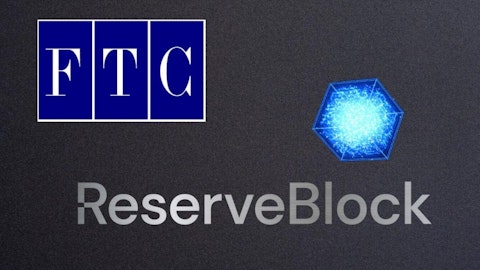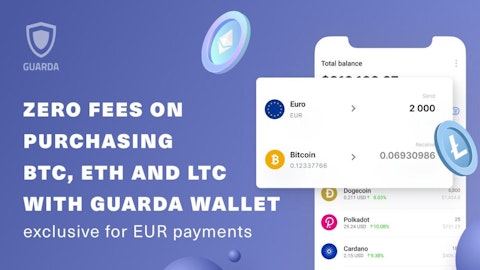Robert Prag: So are you, so I’m sure you do this, but in your data collection and analysis, are you finding which not necessarily brands, but which type of companies, brands or brand offerings, whether it’s a convenience store, whether it’s a burger, whether it’s gasoline, are you finding which one of those rewards tends to have the highest success?
Dennis Becker: Yes, absolutely.
Robert Prag: And which is it?
Dennis Becker: Well, there’s a lot of dimensions to that. I think the quick answer to that is it’s early, we’ll get more clarity as we scale, but it also it kind of ebbs and flows. I mean, when gas prices were $5 past in July and August, fuel offers were very attractive to the consumers. But it really just there’s different dimensions to that. The game publishers have different initiatives in terms of how aggressive they want to be. The brands might be introducing a new product line or something, and therefore they’re much more aggressive in what the depth of the discount, whether it’s a freebie like that. So but I think that that’s part of the value of the data that we’re building and kind of in the technology world, with AI and a lot of stuff that’s going on there this data that we’re building around all of this and also contrasting with asset.
A lot of the third party data is being shut down because of privacy protections. We’re building this, call it this first party data, permission based data. In other words, the consumer said, yes, Subway, or whoever the brand is, I’m willing to have a relationship with you, and I’m willing to have you give me targeted things based on my interests and my history. That’s all building, I think, an asset of its own in terms of value to Connected Rewards.
Robert Prag: Okay, so on the brand side, I want to stick there. I just got one or two more questions. I know it’s a little bit of a lengthy call, but maybe it’s a good thing. On the brand side, are you working almost exclusively with your prior SMS brand clients in this program at this point?
Dennis Becker: No, we have new brands that we brought aboard as well. Just specifically on the value of Connected Rewards, not marketing.
Robert Prag: Yes, that’s what I was thinking. As I asked about which of these offerings is most successful, it would seem to me that, and I’m probably stating the obvious that if it turns out that offering $0.35 or $0.50 off a gallon is having enormous success, that one, you guys could go to every major oil company convenience store on the planet and show them that data and everyone would be thrilled with that. Again, win-win-win as you’d have higher hit rate. So you are going outside of your legacy brand clients to pull in more brand offerings.
Dennis Becker: Absolutely.
Robert Prag: All right, last question. You haven’t got to spend much time on this, but just on an elementary basis, just describe again what happened on the privacy front rules, regulations that has made these gaming companies have to find a different avenue for customer acquisition relative to what they were doing before, whatever these privacy issue changes were. And how does all this relate to customer acquisition cost?
Kim Carlson : Yes, right. About 18 months ago, Apple put forth a privacy restriction on apps that basically went from opting out to opting in to tracking. So when you access an app on your phone, you now have a choice to make when you open that app for the first time to say, do I want to be tracked? Do I not want to be tracked? So that, the institution of that privacy hindered most ad networks, Facebook, mobile programmatic partners in their ability to really take a look at your ID or what we call it, IDFA of your phone. So and prior to that, we had pretty much 80% of the time access to an individual’s phone to identify what types of apps they had on their phone that kind of got turned upside down, where now it went from 80% availability to maybe 25% to 30% of the time, the Facebook or other channels like a network have the ability to look at your device.
Facebook mobile app networks and programmatic partners relied on that data in order to target the right iOS user to serve the right ad to the right person. So when you dig into Facebook’s earnings, you’ll understand that the decline is mostly tied to the obfuscation of that IDFA. So most of our clients have specifically and I think I mentioned earlier, our ability to help them find quality iOS users with this what Dennis called permission based opportunity with SMS for example, solves that pain point. So again, in summary, the highest level to think about it is really and it’s no secret Apple basically took away the Identifier so that these massive ad networks that are participating in this multi hundred billion dollar marketing opportunity have really been throttled in their ability to find the right users.
So along comes Mobivity which says hey, we’ve got a permission based network. We don’t even actually look at an IDFA, we’re just sending a message to someone who has opted in to a brand media channel.





